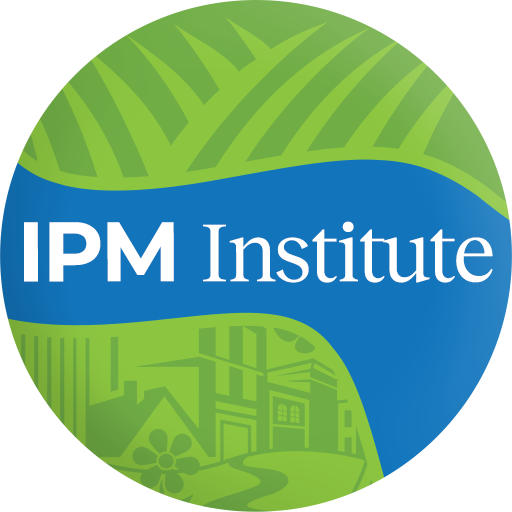Our team engaged Panera fresh produce suppliers to assess pesticide use and risk, ultimately enabling a dramatic reduction in the use of chlorpyrifos in Panera’s fresh produce supply chain.
THE CHALLENGE
Pesticides pose a variety of risks to human health and the environment, with the level of risk depending on the toxicity of the pesticide and the frequency and length of exposure. While consumer pressure often focuses on pesticide risks to pollinators and consumer health, this doesn’t always capture the whole picture. Companies must determine how to balance consumer concerns and current “hot topics” against actual, field-level data, and use both to take meaningful action within their own supply chains.
OUR ROLE
Sustainable Food Group surveyed suppliers to assess the use of potentially high-risk pesticides in Panera’s fresh crop supply chain, leading to a holistic understanding of pesticide use, risk and opportunities for improvement. SFG identified various opportunities for action, including targeting the pesticide chlorpyrifos, which was being used on a small number of fresh produce items in the Panera supply chain. Chlorpyrifos has long been a concern of advocates, who have raised concerns about the pesticide’s neurotoxicity and the danger it poses to the health of farm workers and children. After identifying and understanding the nature of chlorpyrifos use in Panera’s supply chain, SFG researched possible alternatives and developed resources to help growers eliminate use of chlorpyrifos. As a result, Panera was able to successfully phase out use of chlorpyrifos in all but two crops. In these two cases, alternatives were not readily available, so SFG facilitated adoption of safer application practices to protect worker and consumer health while maintaining crop quality and viability.
THE OUTCOME
Through this pesticide assessment and phase out, Panera was able to significantly reduce the risk posed by pesticides to farm workers, their families and consumers. All this was accomplished ahead of federal ban of chlorpyrifos, which occurred in February 2022. This illustrates the importance of companies being forward-looking when it comes to environmental and social issues – proactive approaches to topics like pesticide risk and social wellbeing allow companies and their suppliers more time to adopt new practices before regulation requires action.


